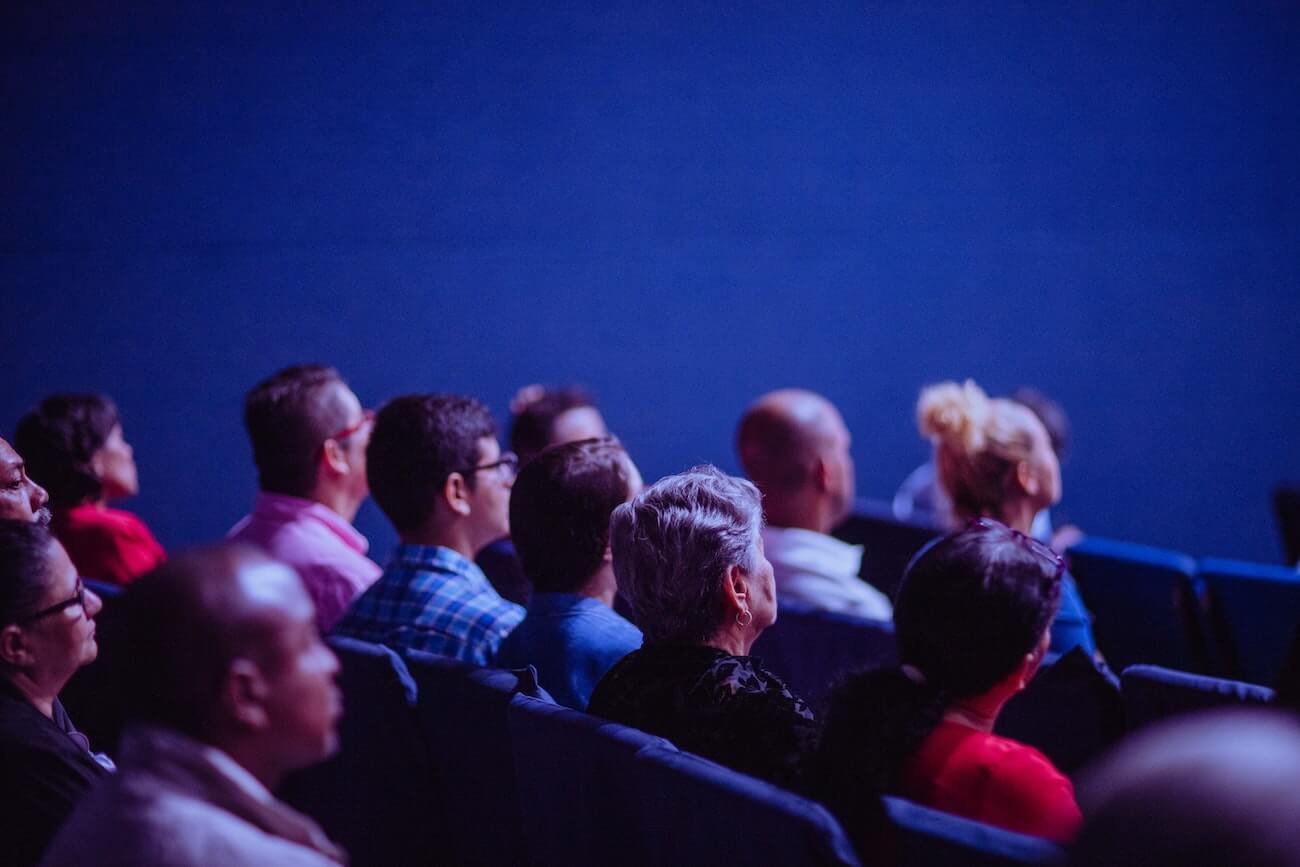Canceling Your Big Event Plans? Three Tips For Replacing the Lost Networking and Acceleration Opportunities
- Customer-centered communication is key to recovering lost opportunities from event cancelations
- B2B sales reps can maintain meetings on their calendars by continually reinforcing reasons to meet
- Remember to leverage available technologies when recovering opportunities
A lot of B2B marketers are heavily invested in events, tradeshows, summits, forums and other gatherings because there is so much value in face-to-face interactions. But what happens when low registration numbers, event cancelations and no-shows threaten your ability to meet prospects and customers in person during your big event?
Live events always carry attendance risk, but external factors such as the recent wave of event cancellations due to COVID-19 (coronavirus) pandemic concerns have caused many B2B event marketers and planners to pivot to virtual strategies.
 Although virtual event formats can facilitate sponsorships, presentation success and digital interactions, a lot of the additional value derived from an event comes from salespeople and marketers who “work the room,” network with potential decision-makers, and entertain prospects and customers from multiple geographies in one location. How can you make all that happen virtually?
Although virtual event formats can facilitate sponsorships, presentation success and digital interactions, a lot of the additional value derived from an event comes from salespeople and marketers who “work the room,” network with potential decision-makers, and entertain prospects and customers from multiple geographies in one location. How can you make all that happen virtually?
You can’t entirely replace face-to-face interactions, but here are three tips to keep in mind as you work to salvage some of the networking and acceleration opportunities that are lost when circumstances make in-person meetings impossible:
- Customer-centered communication is key to recovering lost opportunities in the future. Remember, it’s the Age of the Customer. If you need to pivot to a virtual event or cancel an event, you need to impress your invitees with the way you handle the situation and communicate your plans — or you risk losing their support when you reschedule or promote future events. Take care to communicate and empathize with the customers, prospects, partners and influencers who had to miss out on your event. For example, when Adobe decided to cancel its Summit 2020 due to coronavirus concerns, their event website demonstrated a commitment to customer experience. It included a frequently asked questions page, a point of contact, and a heartfelt statement that highlighted their commitment to their customers as well as their excitement about being able to host some of the sessions virtually to make sure their attendees receive as much value as possible.
- Reinforcing “reasons to meet” can help salespeople keep meetings on their calendars. Salespeople like to attend events because events create “reasons to meet” with incentives such as drinks, dinners or entertainment. All of these options increase the amount of time people are willing to spend with reps. So, if you’re going to try to replace face-to-face meetings with virtual equivalents, make sure you work with sales to coordinate and reinforce new “reasons to meet” and incentives in your messaging. For example, Google decided to pivot its Google Cloud Next ’20 event by transforming it into Google Cloud Next ’20: Digital Connect. The reimagined event featured special incentives to engage with Google teams, such as free attendance, interactive learning sessions and digital “ask an expert” sessions. Google also used exciting messaging that promised to leverage Google’s innovation strengths to bring attendees “an immersive and inspiring event without the risk of travel”.
- Leverage technology — and remember that all communities matter. Meeting and networking technologies can be very good at serving up presentations and facilitating digital connections, but don’t overlook the additional value of using technology to promote and sustain the impact on communities connected to your event, and to promote your company’s commitment to building a strong community. For example, when Facebook decided to cancel its F8 Developer Conference, the company doubled down on its commitment to the city of San Jose by doubling the annual donation historically resulting from ticket sales. This resulted in Facebook contributing $500,000 while prioritizing organizations serving local San Jose residents. They also decided to provide an additional F8-inspired experience for student developers who had to miss the event. Facebook plans to follow up with other way for the F8 community to get together through a combination of locally hosted events, videos and live streamed content.
All is not lost if you need to cancel, postpone or pivot an event! Put the customer experience in the center and follow the practices of innovative leading event marketers. Above all, remember that crisis often brings people together in ways you can’t predict. Look for opportunities (with propriety) while you focus on your customers, and your customers are more likely to rally to support your good intentions the next time you give them a reason to connect.
